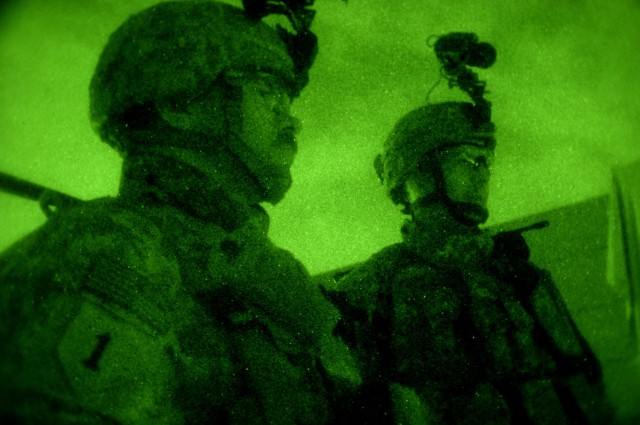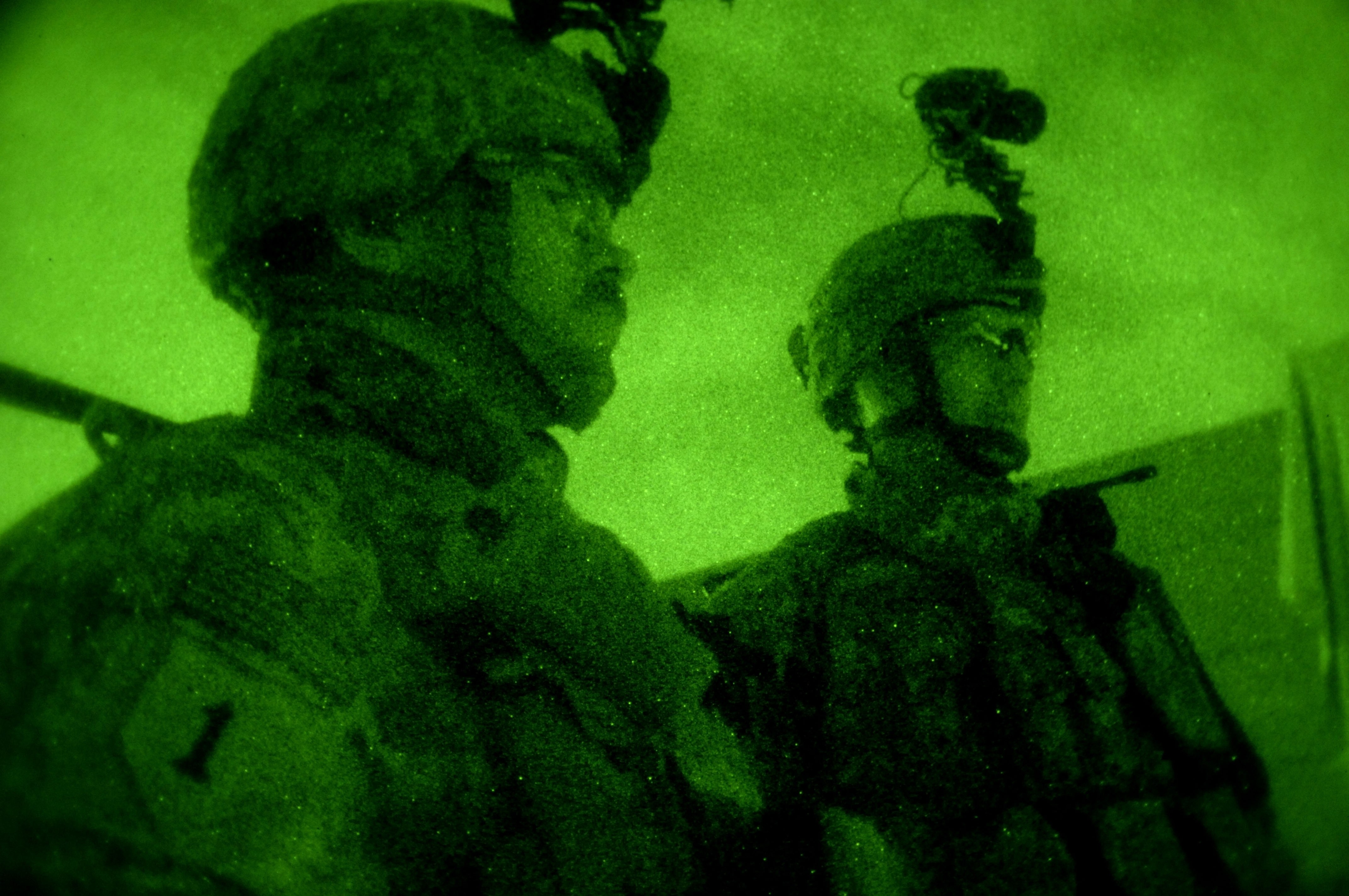
WASHINGTON (Army News Service, July 3, 2008) -- The chief of staff of the Army recently acknowledged the importance of service by Army officers on military transition and provincial reconstruction teams in Iraq and Afghanistan.
"Soldiers that serve on our transition teams and our provincial reconstruction teams are developing exactly the type of knowledge, skills and abilities that are vital for our Army to be effective in an era of persistent conflict," said Gen. George W. Casey Jr. in a recent memo.
The general backed up his words by instructing the boards who review officer records for promotion or for selection to command to consider service on TTs or PRTs as equivalent to other branch-specific "key developmental" positions such as battalion operations or battalion executive officer.
The move both recognizes the importance of transition team service and helps alleviate concern on the part of some majors that a tour of duty within a transition team might adversely affect the career path they have charted for themselves, said Lt. Col. Steve Warren, a career manager with the U.S. Army Human Resources Command.
"There is hesitance in the field about going on TTs because officers are nervous that the time they spend on TTs is time away from their basic branch, and that this will then disadvantage them from promotion," he said. "This message removes that."
As a result of the chief of staff's directions, past and present officers that served 12 months as a major on a transition team or provincial reconstruction team will be recognized by future selection boards to have spent time in a key and developmental position that broadened them outside their normal basic branch of assignment.
"Depth of experience is good, but the chief of staff is now communicating that breadth is important and a TT or PRT is the exact type of broadening experience we desire for our officers," said Col. Jeff Lieb, chief of the maneuvers, fires and effects division. "As always, an officer's performance in critical jobs is more important then quantity of time spent in KD jobs."
By recognizing the importance of transition teams and the skills officers develop while serving on them, the Army hopes to build a more seasoned, capable and diverse officer corps that is better prepared for combat in future operations, said Casey.
"The tasks associated with transition teams, from direct combat to stability operations, will be a major part of full spectrum engagement in theaters of interest now and for the foreseeable future," he said. "I want to ensure that the officers that lead these teams are recognized and given the credit they deserve."
The chief of staff's message also adds transition team command slots to the list of potential positions to be filled by lieutenant colonels on a Centralized Selection List. The command billets of as many as 35 transition teams have now been identified.
"Because the success of these teams requires our best leaders, I have directed the Army Human Resources Command to award Centralized Selection List credit for lieutenant colonels serving specifically in the TT Commander positions that have direct leadership responsibility for a training/transition team," Casey said.
To comply with his directions, a new CSL sub-category called "Combat Arms Operations" is being created. The sub-category is open to eligible maneuver, fires and effects officers as well as foreign area officers. The sub-category will come under the Operations category and will be effective with the Fiscal Year 2010 CSL in September.

Social Sharing